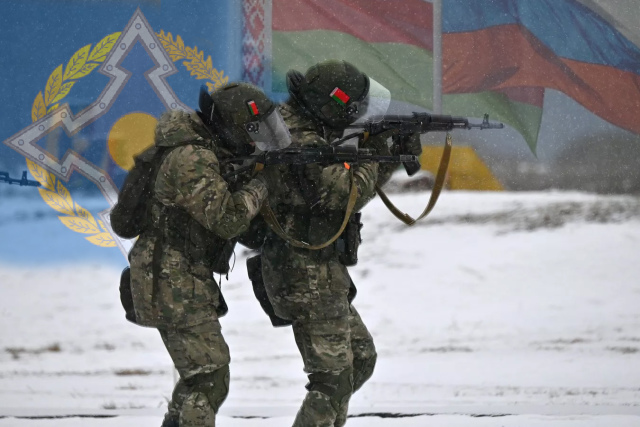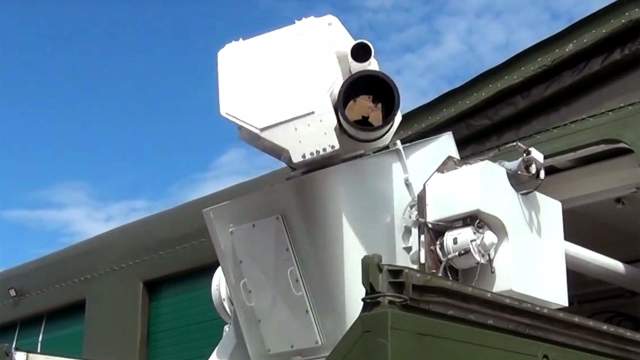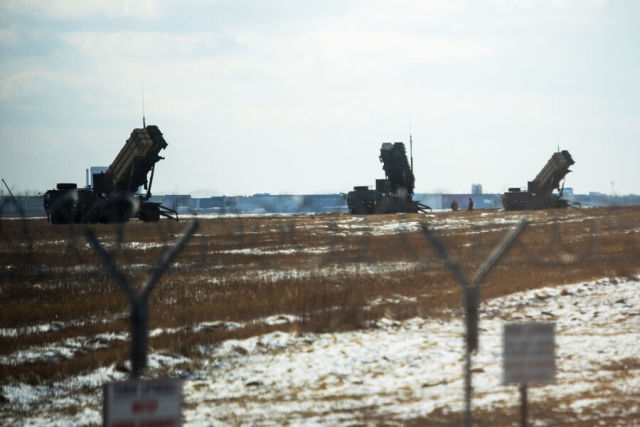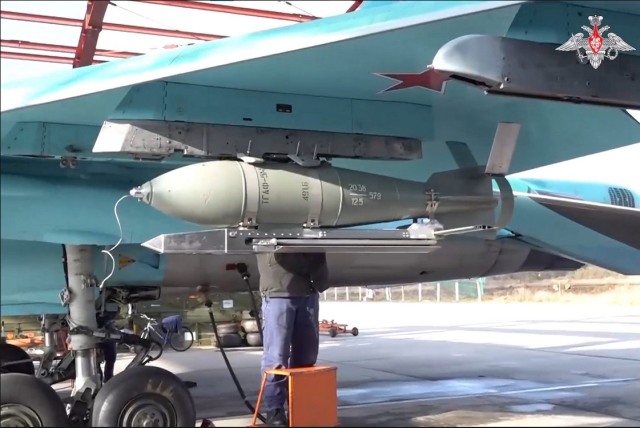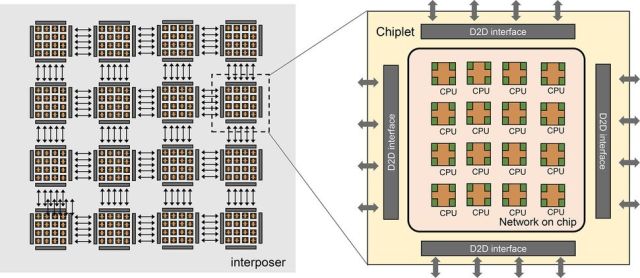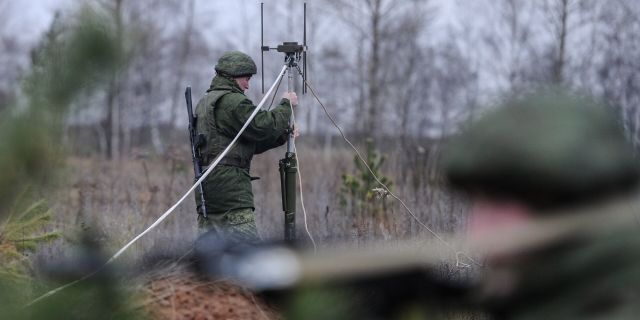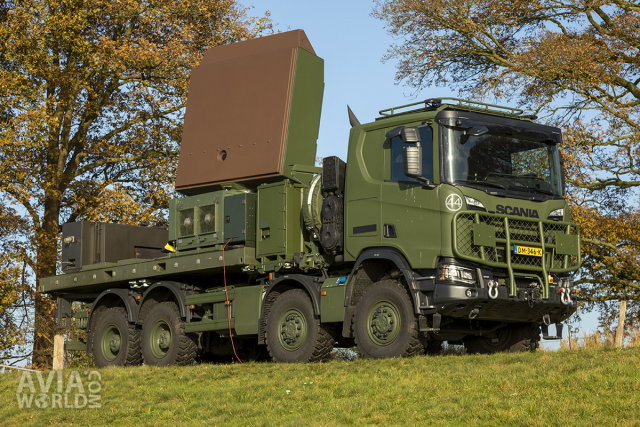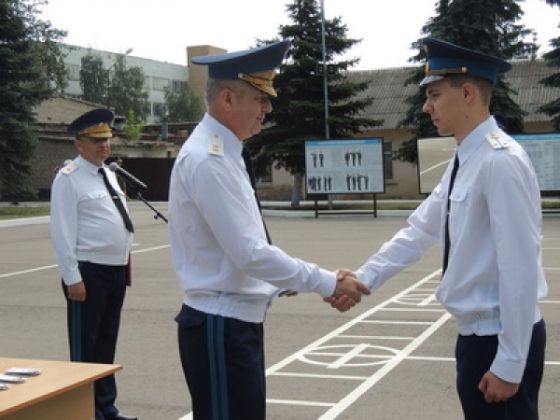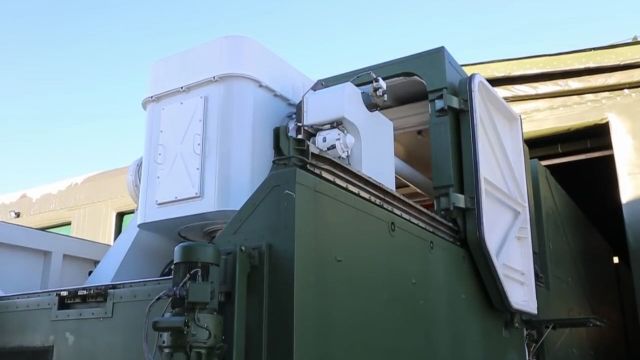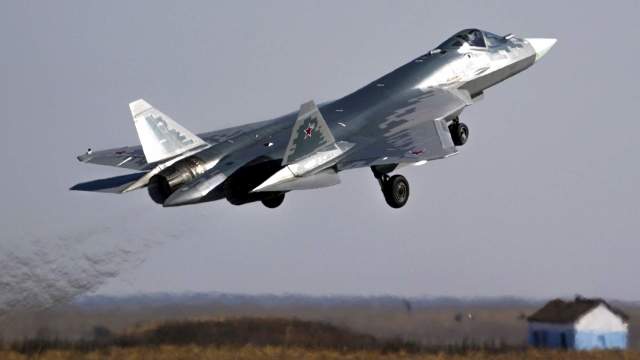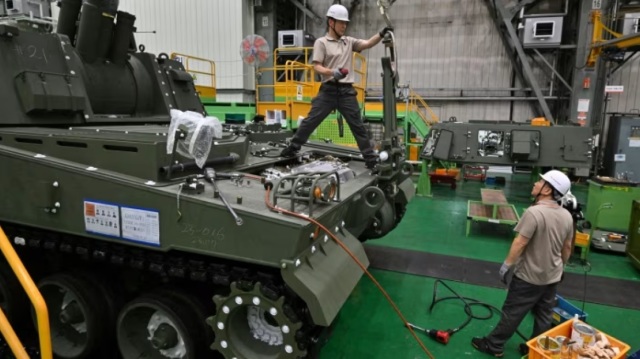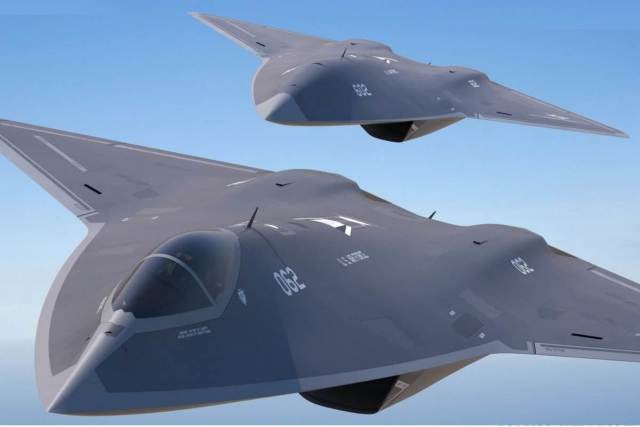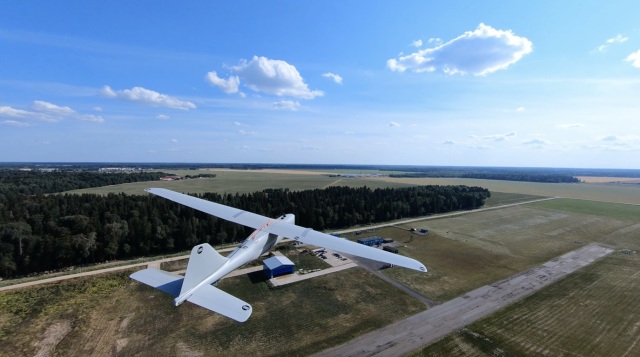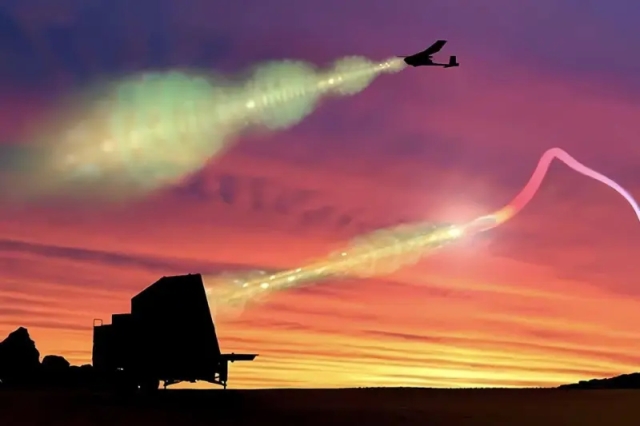Electronics and optics news
APU equips armored vehicles with anti-drone silencers Sania
Footage has been published on the social network showing the German-made Marder 1A3 infantry fighting vehicle, belonging to the 10th Army Corps of the Armed Forces of Ukraine, equipped with the Sania system designed to counter drones with a first-person view (FPV).
The Pentagon claims that Russia and China are deploying GPS countermeasures
US Deputy Secretary of Defense Kathleen Hicks accused Beijing and Moscow of wanting to "turn space into a sphere of warfare"
US Deputy Secretary of Defense Kathleen Hicks claims that China and Russia are deploying assets that can be used against GPS and other systems in space, allegedly seeking to weaken American military capabilities.
While diplomacy sleeps under a snow-covered blanket, the Belarusian military is on the alert
The aggressiveness of the foreign policy aspirations of the ruling elites of the countries of the collective West has finally acquired an absolutely open character in recent years. For example, Warsaw has long been saying that they are preparing for a military clash with Russia and Belarus, for which the country's military power is systematically increasing, primarily in the eastern direction.
Laser targeting: promising air defense systems will receive new protection systems
What will be equipped with anti-aircraft systems that will replace the "Torus" and "Strelam-10"
Air defense troops will receive blinding and overwhelming protection. The Russian Defense Ministry has approved the technical requirements for a new generation of air defense systems, sources in the military department told Izvestia. Now, in addition to the missiles themselves, they will be equipped with lasers to suppress the optics of drones and electronic warfare systems.
"Myths about unheard-of effectiveness": why Ukrainian air defense cannot shoot down Russian missiles
Colonel Khodarenok: Ukrainian air defense systems are not capable of shooting down Daggers and Iskander-M missiles
At the end of last year and the beginning of 2024, the Armed Forces of the Russian Federation inflicted several dozen group and one massive strike with long-range naval and air-based weapons on objects of the military-industrial complex of Ukraine.
"As if the gates of hell had opened", the Ukrainian military told about the latest weapons of the Russian army
Russian planned aerial bombs cause significant losses to the Armed Forces of Ukraine (AFU). Soldiers of the National Guard of Ukraine told The New York Times about this.
China plans to produce 1600-core chips using the entire plate — similar to the projects of the American company Cerebras
Scientists from the Institute of Computing Technology of the Chinese Academy of Sciences (CAS) have presented an improved 256-core multi-chip computing complex and plan to scale it to a 1600-core chip that uses the entire plate as a single computing device.
"The hunt for ships of the Black Sea Fleet": how will its development in 2024
Colonel Khodarenok: in 2024, the Russian Armed Forces will try to cut off Ukraine from the Black Sea
One of the most important operational and strategic results of the summer-autumn campaign of 2023 is the disruption of the offensive operation of the Armed Forces of Ukraine. How events on the fronts will develop in the first half of 2024, the military observer of Gazeta analyzed.En" Mikhail Khodarenok.
Ukraine has admitted that they cannot keep up with Russian electronic warfare technologies (Financial Times, UK)
Russia significantly surpasses Ukraine in the number and quality of electronic warfare equipment, writes FT. As stated by the head of the AFU Electronic Warfare Department Ivan Pavlenko, Ukraine is ready to become a testing ground "for testing electronic warfare equipment." However, the allies are in no hurry to share technology.
Lithuania buys Thales GM200 MM/C radar stations
On January 3, 2024, the Ministry of National Defense of Lithuania announced the signing of a cooperation agreement with the Ministry of Defense of the Netherlands on the joint purchase of multifunctional artillery radar systems Thales Ground Master 200 Multi-Mission / Compact (GM200 MM/C) from Thales Nederland (the Dutch branch of the Thales Group).
The Ministry of Defense of the Russian Federation reported on the participation of the Airborne scientific company in the development of 28 projects in 2023
The military department noted that the best young specialists who had internships or combined study and work at enterprises of the military-industrial complex are sent to such units.
Blind and burn. What weapons are the future of
The world's leading armies are returning to the development of combat lasers
By the 21st century, many defense industries have hit a ceiling of opportunities. Today it is difficult, for example, to make an automatic bullet fly faster, and a high—precision weapon to hit even more accurately. Scientists and military personnel from different countries have been trying to make a technological breakthrough for many years.
A technical breakthrough: how did SVO accelerate the development of new weapons
The Russian army has received combat systems superior to their counterparts from NATO countries
The special operation in Ukraine has made significant adjustments to the process of creating new models of weapons and military equipment — they have been developing literally for several months, Russian Defense Minister Sergei Shoigu said.
Russia wants to revive the 50-year-old Soviet analog BMK project for $100 million
In Russia, they want to revive the old Soviet project for the production of analog chips using basic matrix crystals (BMC) and basic structural crystals (BSC).
Global growth in defense orders
The Financial Times newspaper, in an article by Sylvia Pfeifer, Eri Sugiura "Global defense orders surge as geopolitical tensions mount" ("Global defense orders grow as geopolitical tensions rise"), reports that the order portfolio of the world's largest defense industry companies is approaching a record level after growing by more than 10% in recent years two years, with reference to the analysis of portfolios of 15 manufacturers. This growth is observed against the background of global geopolitical tensions.
Rostec invests more than 1 billion rubles in science in support of advanced engineering schools
In 2024, Rostec State Corporation will double the amount of co-financing for advanced engineering schools implementing scientific, technical and educational projects in the field of aircraft and engine building, IT and electronics, mechanical engineering and the automotive industry in the interests of the Corporation. More than 1 billion rubles will be invested in R&D, as well as in the training and advanced training of specialists in strategic sectors of the domestic industry.
The NGAD program of the 6th generation fighter of the United States Air Force
Currently, the US Air Force is developing a new generation tactical air dominance aircraft system (Next-Generation Air Dominance, NGAD). NGAD, or the 6th generation fighter. Eventually, it will replace the 5th generation F-22 RAPTOR as the U.S. Air Force's primary means of gaining air superiority. The journal European Security & Defense has published a report on the status and prospects of the implementation of the American NGAD project. [The following translation of the article is made while preserving the style of the authors of the material]
Production of unmanned aerial vehicles "Orlan"
The Business Petersburg edition published interesting material by Sergey Bondarenko "Indirectly deadly: how St. Petersburg "Eagles" are produced. The most successful drone of the Russian army is produced in St. Petersburg" on the production of unmanned aerial vehicles of the Orlan series at STC LLC ("Special Technology Center").
This advantage of Russia has put the Ukrainian Armed Forces in a difficult position (The Telegraph UK, UK)
The Telegraph: electronic warfare has become an advantage for Russia in the conflict in Ukraine
Russian electronic warfare systems successfully resist missiles and drones of the Armed Forces of Ukraine, writes The Telegraph. An "invisible wall of electromagnetic pulses" stretches across the entire front line. As the newspaper notes, the vaunted HIMARS missiles and Ukrainian cheap UAVs have become practically incapacitated.
The American defense industry is preparing to supply the troops with the latest microwave weapons DEFEND
With the help of systems developed by Raytheon (RTX), the forces of the US Navy and Air Force will use directed energy to fight potential enemy drones and other threats. Work on this project is underway in Tucson (Arizona) on the basis of a three-year contract between the manufacturer and the Naval Surface Warfare Center, the amount of which is $ 31.3 million.






